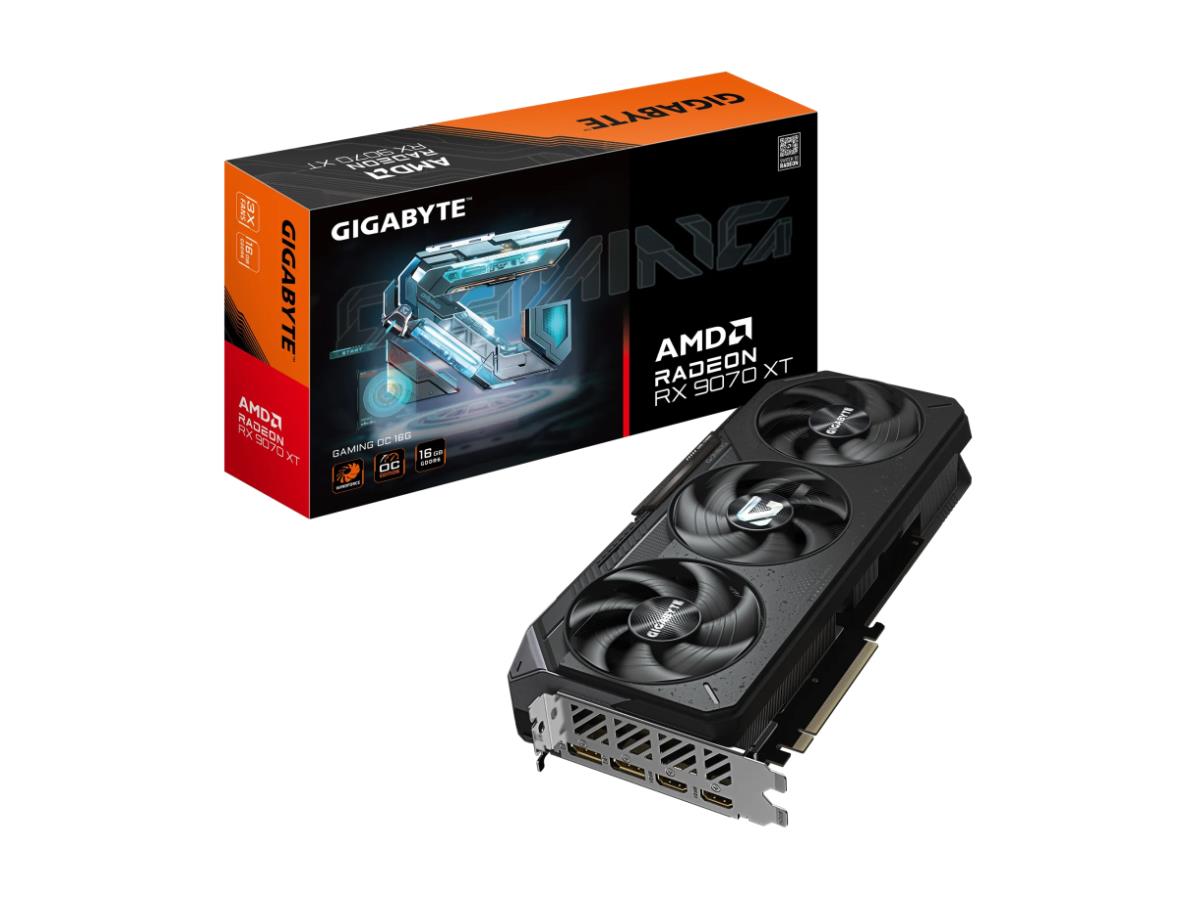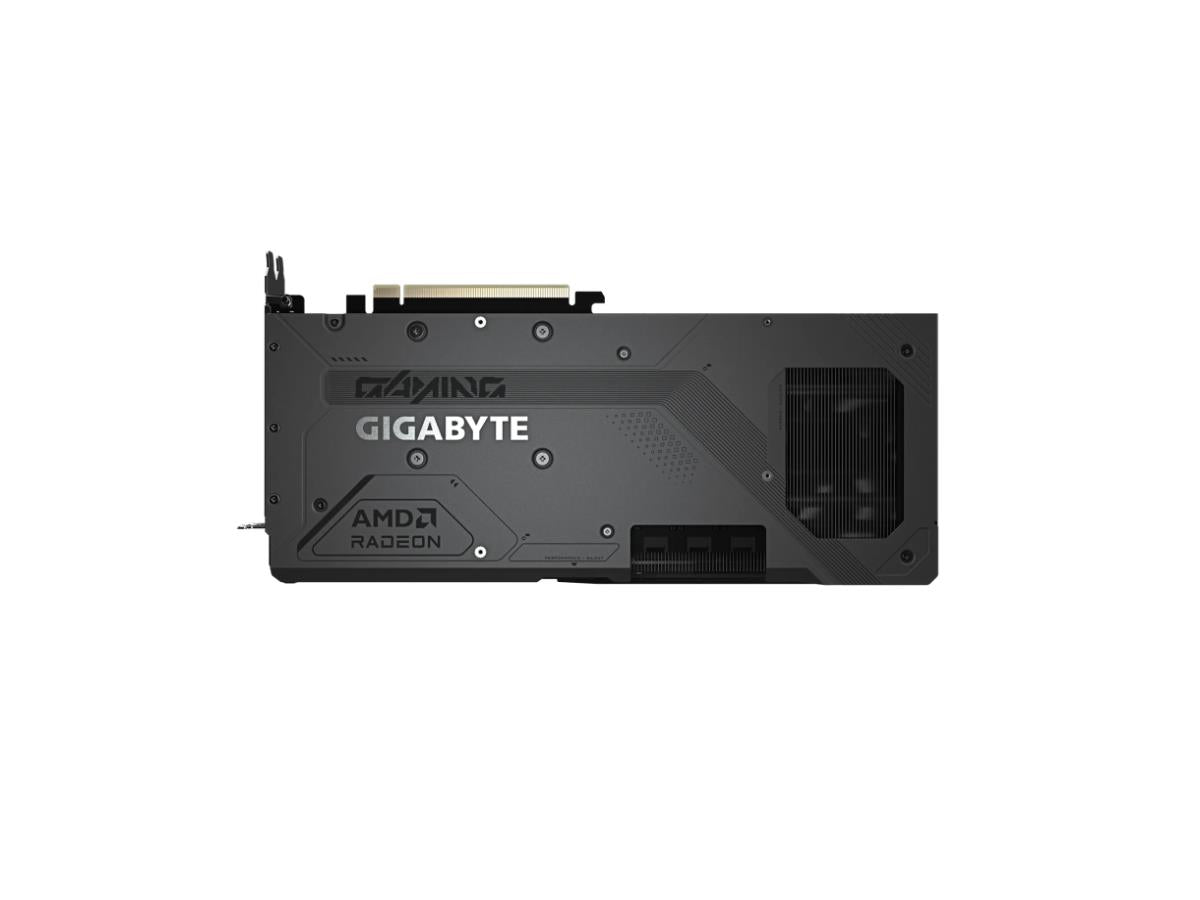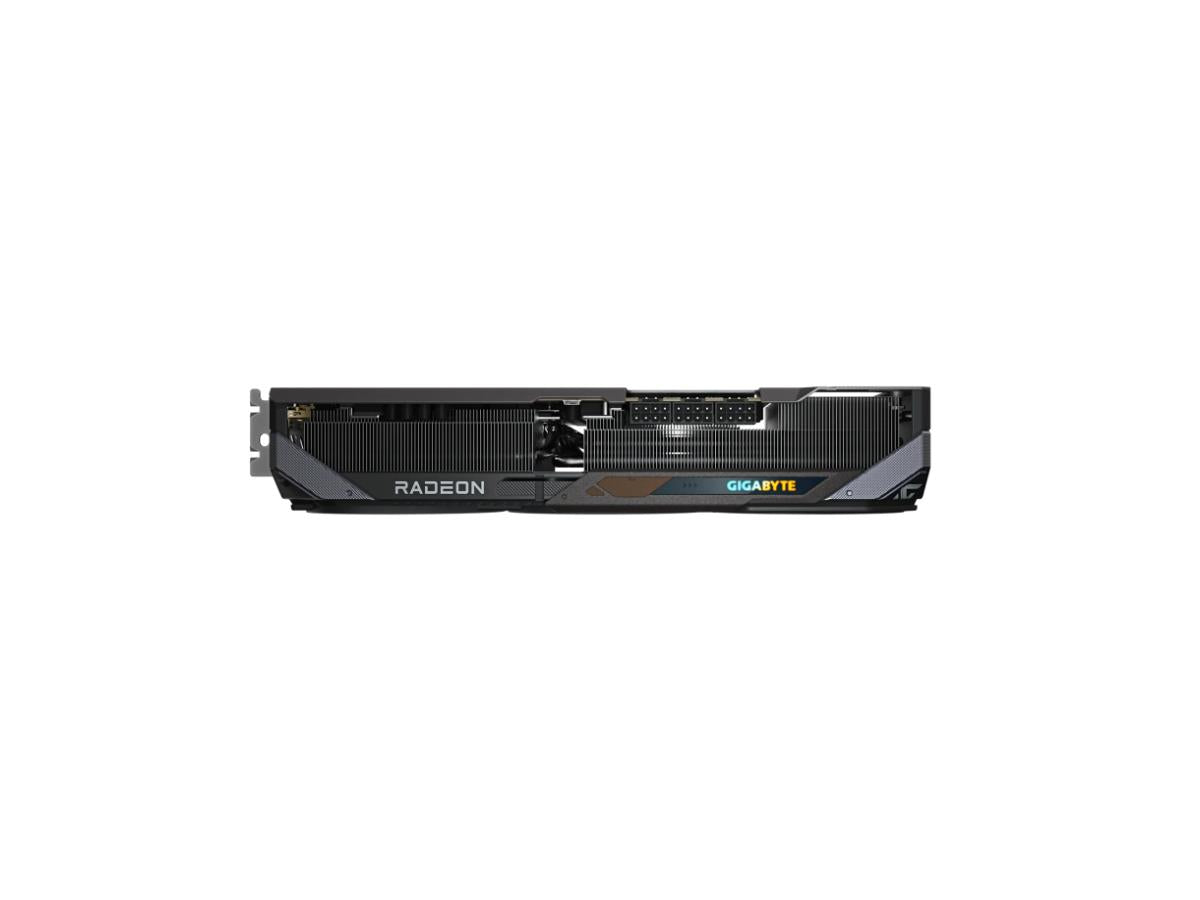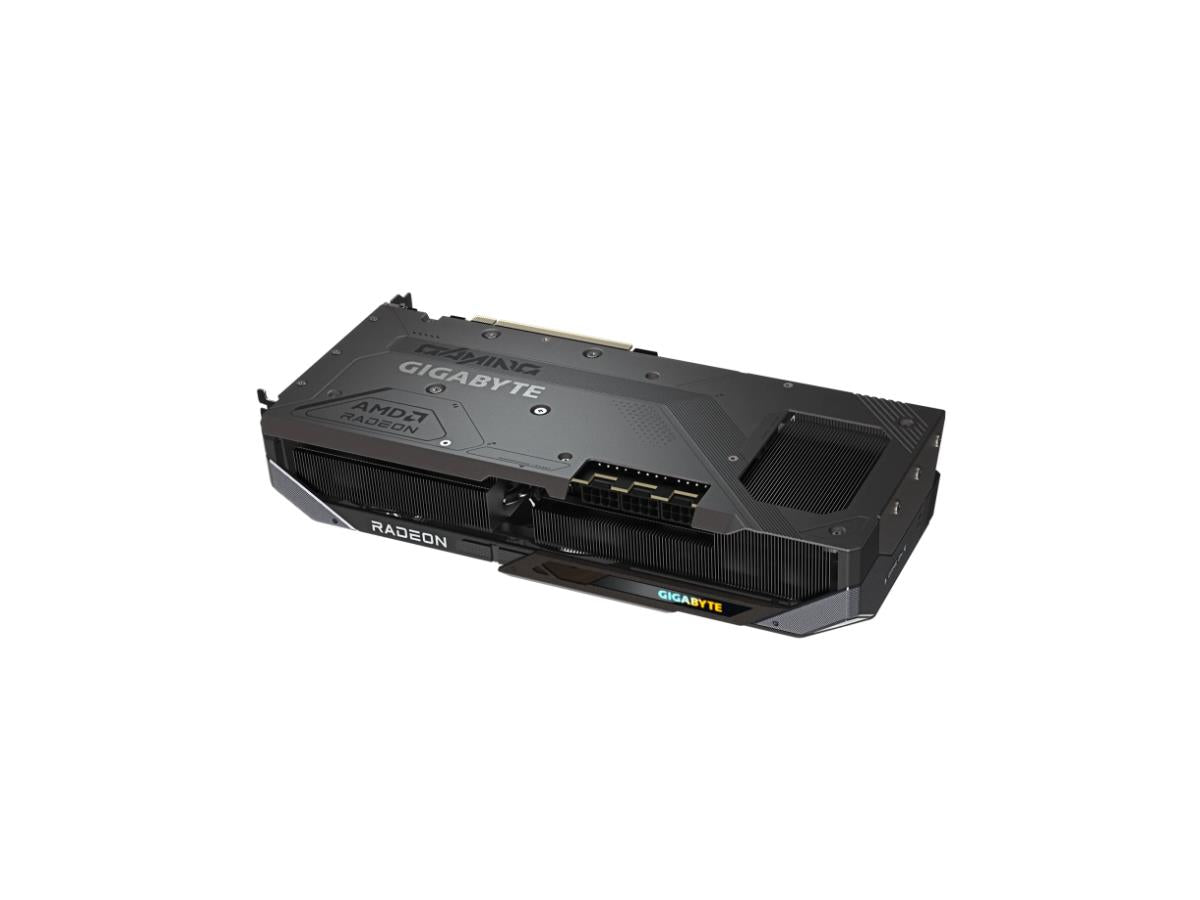Gigabyte Radeon RX 9070 XT GAMING OC 16G
Gigabyte Radeon RX 9070 XT GAMING OC 16G
Couldn't load pickup availability
The Next-Gen AMD Powerhouse: Gigabyte Radeon RX 9070 XT GAMING OC
Step into the next generation of gaming with the Gigabyte Radeon RX 9070 XT GAMING OC. This card is built on AMD's new RDNA 4 architecture to deliver blazing-fast frame rates and stunning visuals at 4K. With a massive 16GB of GDDR6 memory and Gigabyte's renowned WINDFORCE cooling system, it’s designed to keep you at the top of your game without breaking a sweat. It's the perfect GPU for a powerful, future-ready build.
⭐ Highlights
⭐ Highlights
16GB GDDR6 High-Speed VRAM | Factory Overclocked Game and Boost Clocks | RDNA 4 Architecture with Enhanced RT Cores | AMD FSR 4.0 AI Upscaling Ready | WINDFORCE Cooling with Dual BIOS
⚙️ Specifications
⚙️ Specifications
GPU Manufacturer: Gigabyte
GPU Model: Radeon RX 9070 XT GAMING OC
VRAM Size: 16 GB GDDR6
Boost Clock: Up to 3060 MHz (Boost)
Interface: PCI Express 5.0 x16
Length and Height: 288 mm (Length), 132 mm (Height)
Width Slots: 2.5-Slot
Power Connectors: 2.5-Slot
PSU Wattage Recommendation: 850W
Display Ports: 2 x DisplayPort 2.1, 2 x HDMI 2.1
Share
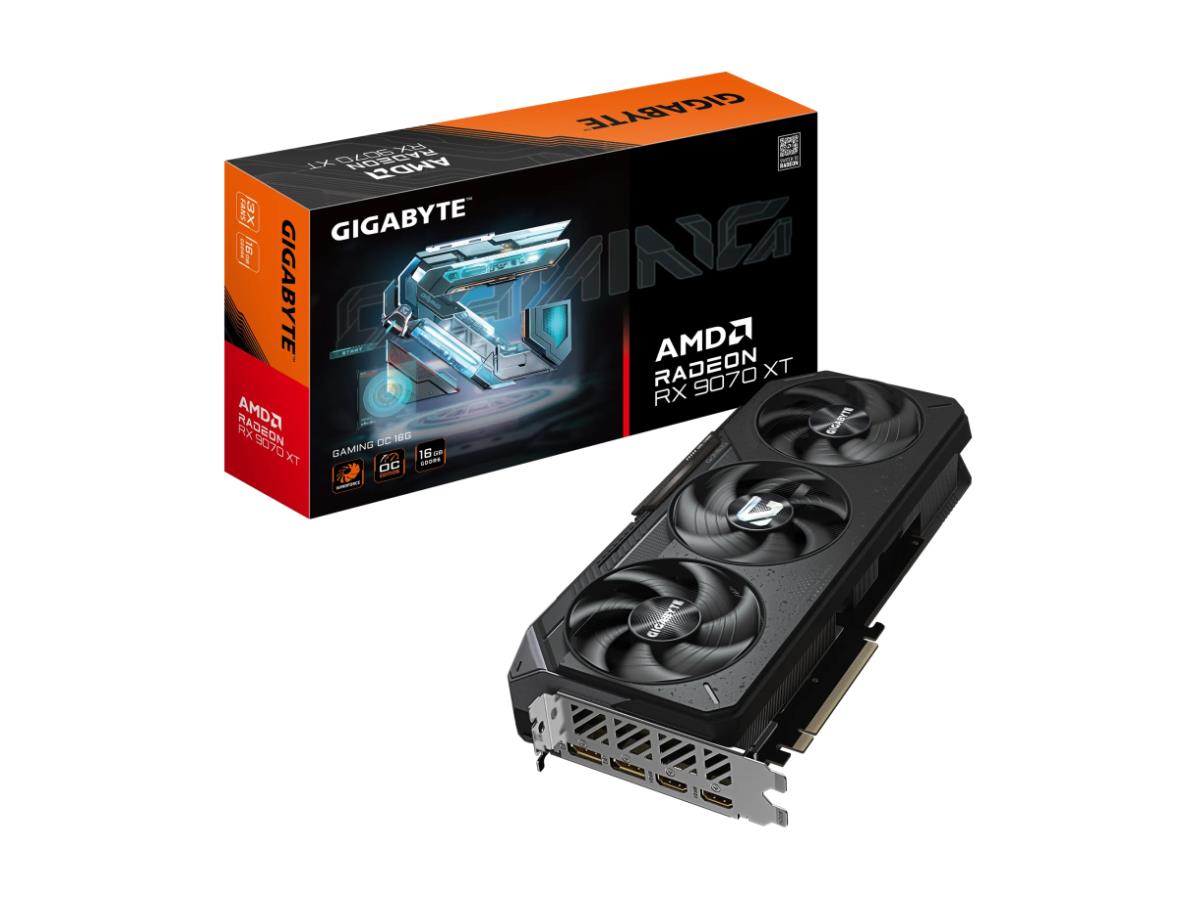
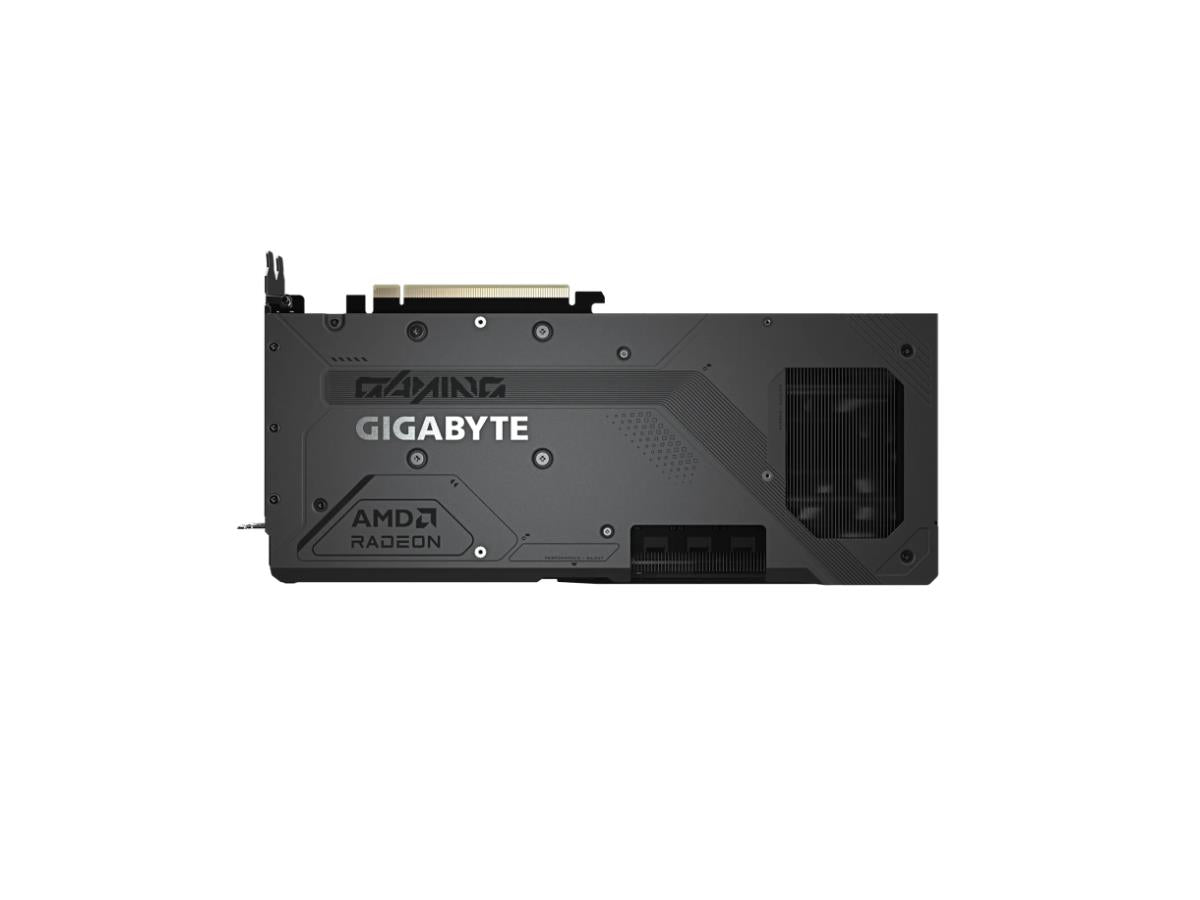
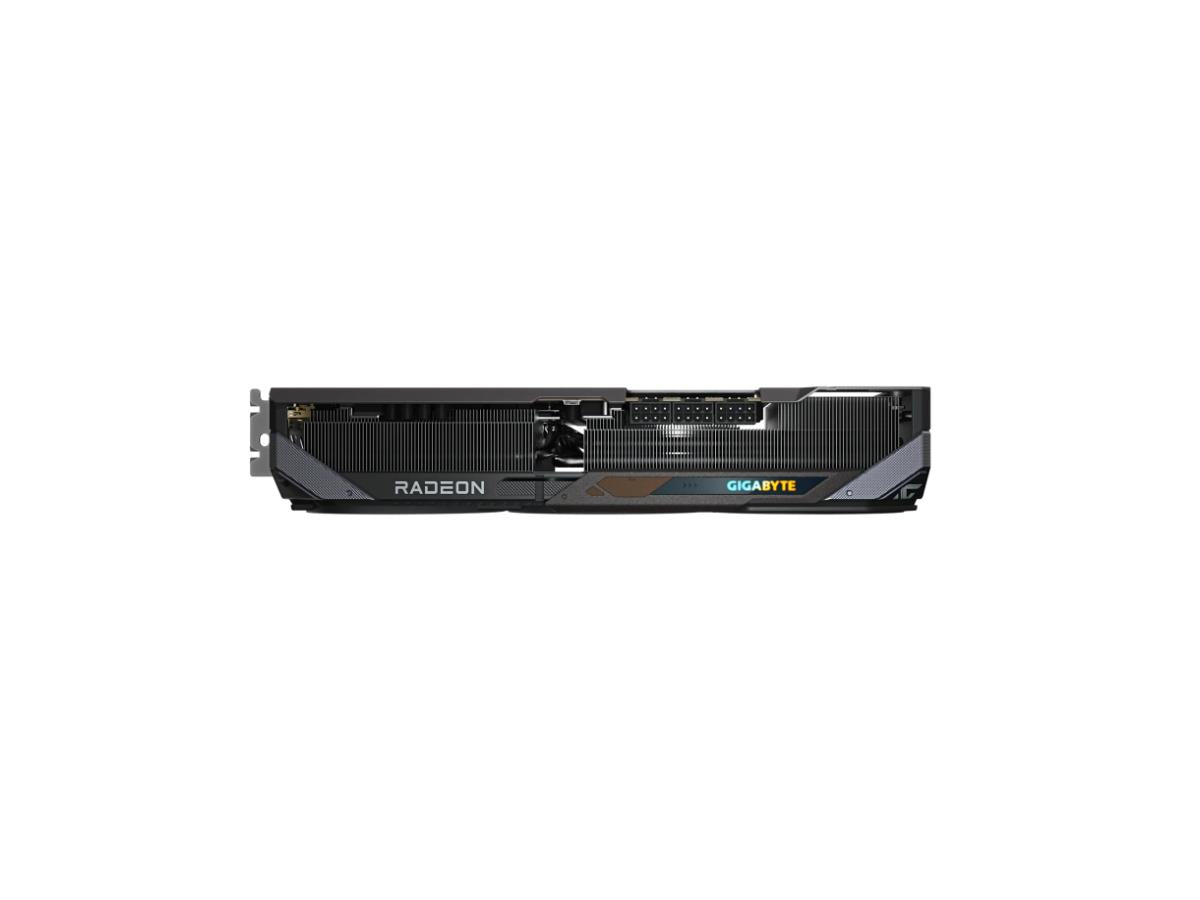
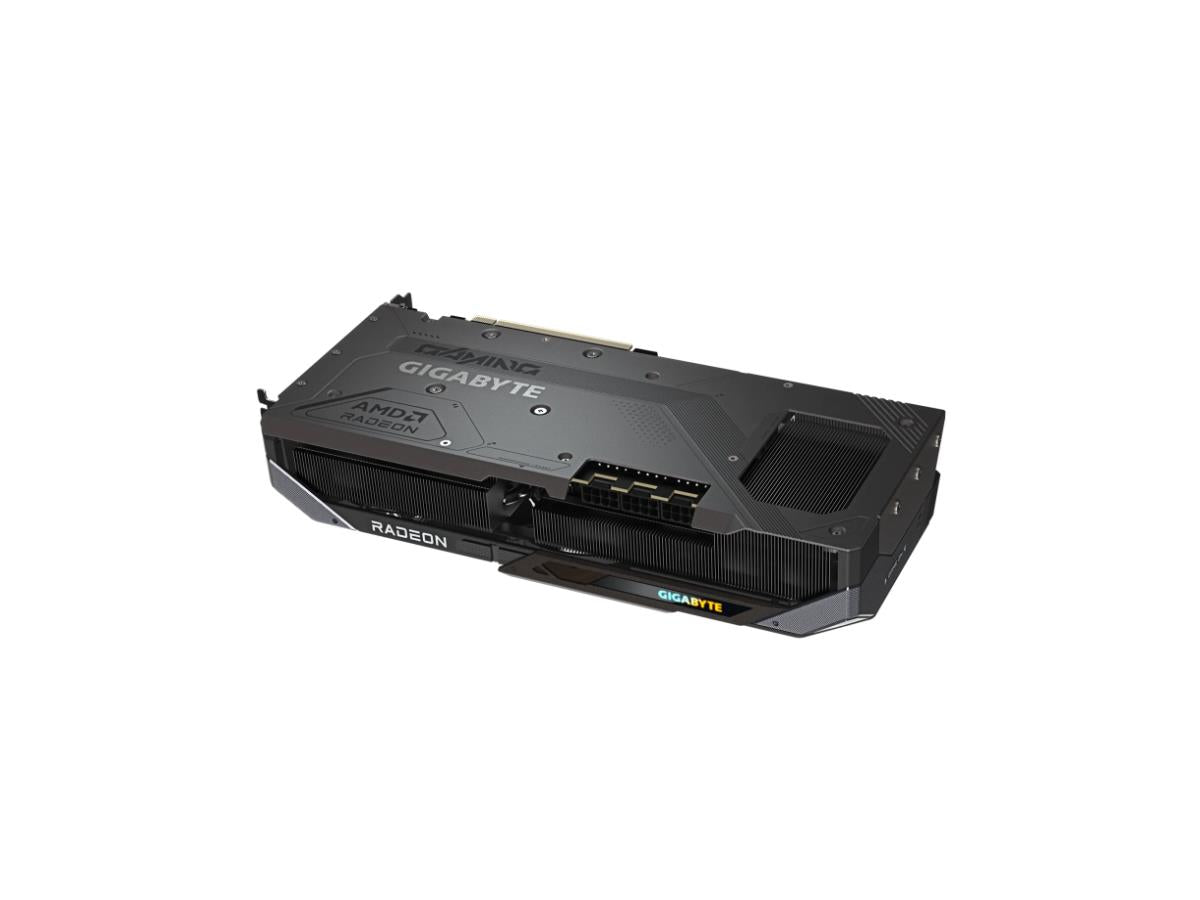
The POST-Check Protocol
-
PSU & Cable Capacity
Action: Must verify your Power Supply Unit (PSU) meets the GPU's minimum wattage recommendation and has the correct number/type of PCIe power connectors. Why: Underpowering the GPU causes system instability, crashes, and risks damage to the PSU or the graphics card itself.
-
Dedicated Power Cables
Action: Always use separate, dedicated PCIe power cables running from the PSU to each port on the GPU, avoiding "daisy-chain" cables when possible. Why: Daisy-chaining too much power through a single cable can lead to voltage drops or melted connectors on high-end cards.
-
Primary PCIe Slot
Action: Always install the GPU into the topmost, longest PCIe slot (usually an x16 slot), and ensure you remove the corresponding metal bracket(s) from the case's rear. Why: This slot is directly connected to the CPU and provides the full bandwidth required for optimal gaming performance.
-
Seating & Latch
Action: Align the GPU's gold connector with the slot and press firmly and evenly until you hear or feel a definitive click from the plastic retaining latch. Why: If the card is not fully seated, the system will not recognize the GPU, and the latch will not lock it in place.
-
Sag Prevention
Action: Use a GPU support bracket, anti-sag stand, or a screw-in support (if available) to support the card's outer edge. Why: Modern GPUs are long and heavy, and without support, they can gradually bend and stress the PCIe slot on the motherboard over time.
-
Monitor Connection
Action: After the PC is powered on and the operating system boots, plug your monitor cable (HDMI/DisplayPort) directly into the new GPU's ports, not the motherboard's ports. Why: The motherboard ports are for integrated graphics and will not display anything if a dedicated GPU is properly running.

